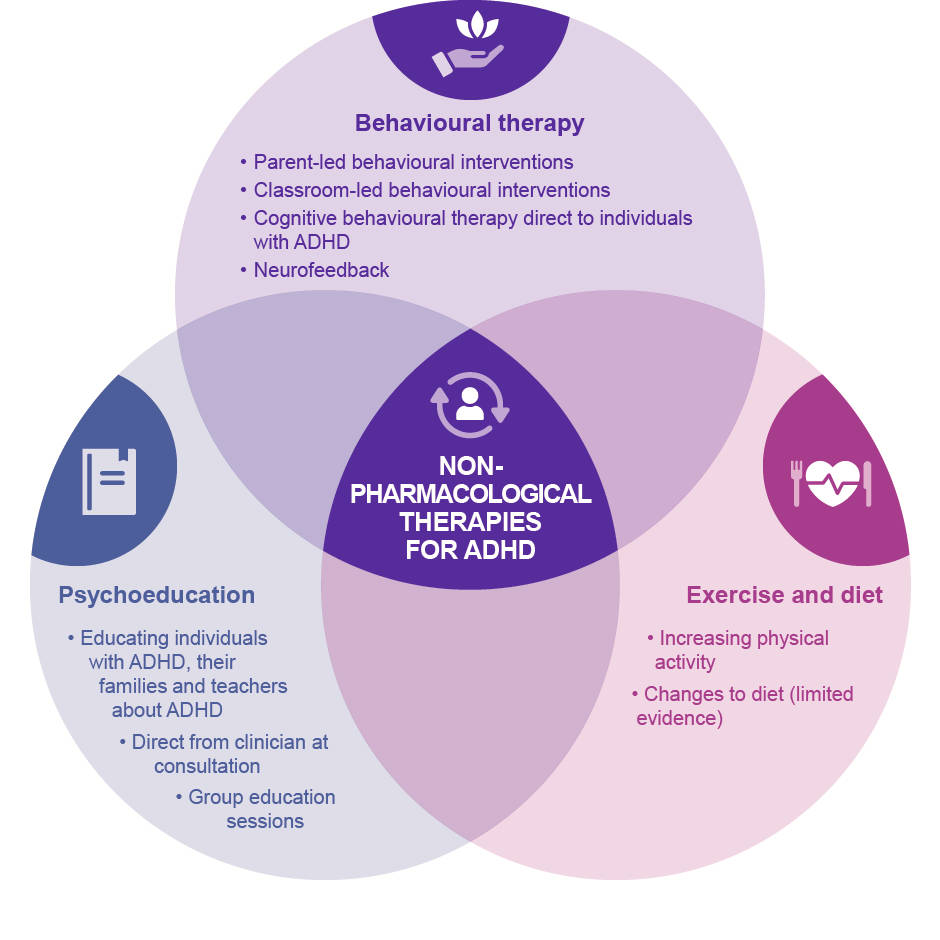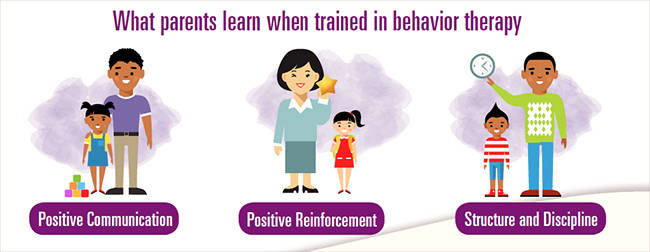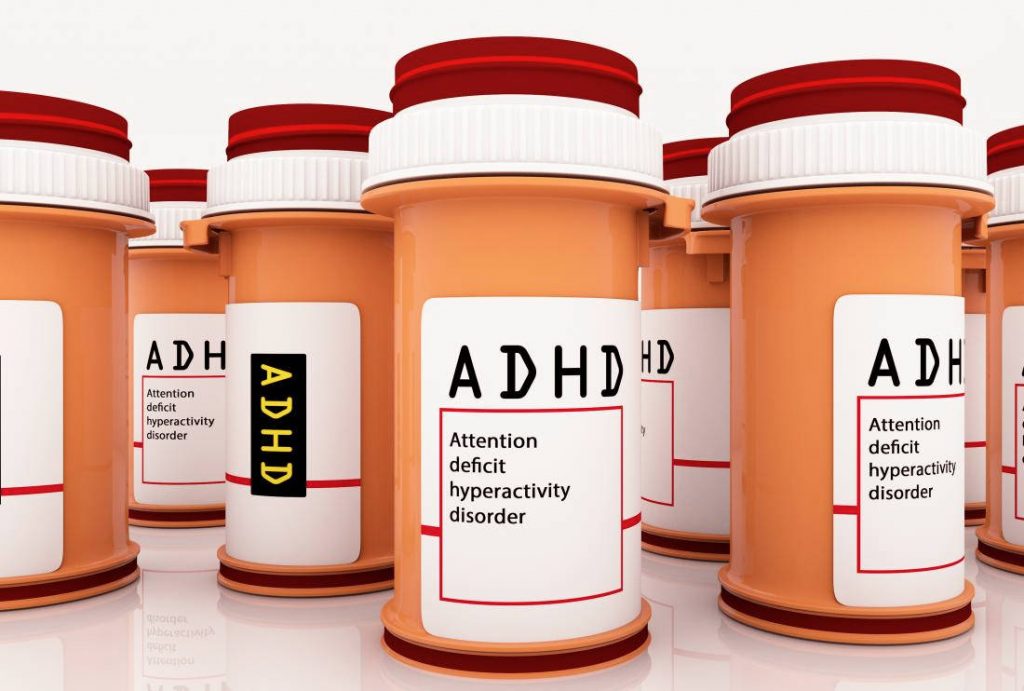How ADHD is Treated? Attention Deficit Hyperactivity Disorder (ADHD) impacts the lives of millions worldwide, but there is hope! ADHD can be managed with a variety of treatments like medication, behavioral therapy, or lifestyle changes. In this blog post, we’ll explore each option – diving into their effectiveness and any potential drawbacks they may have. So if you’re looking for support managing your ADHD symptoms- this one’s for you!
How ADHD is Treated?
If your kid has ADHD, you’re part of a pretty big club! About 10% of American children have it – that’s almost 1 in 10. And if you’d like to learn more about how we treat this condition? You don’t need an exclusive membership card — the info is available for everyone. While there are still lots of questions out there, let’s tackle some answers together today and demystify ADHD treatment once and for all!
What is ADHD?
ADHD is a real thing, and it can really mess with kids’ ability to focus or control their energy. But don’t despair – the right diagnosis and treatment plan mean that those living with this disorder can lead happy lives! So if your kid (or you!) has been struggling recently, take heart to knowing that help is out there for them.
If your child is exhibiting signs of ADHD, the best place to begin their journey towards treatment and better mental health is with a visit to a doctor or mental health professional. During this appointment, they’ll assess them thoroughly by asking about symptoms and family history before conducting an exam to rule out any other conditions that may have similar outward appearances. After they arrive at an accurate diagnosis, roads will be paved for you both as collaborative partners in creating a personalized plan filled with helpful strategies geared towards maximizing relief from bothersome symptoms!
ADHD is treatable with either medication or behavioral therapy, alone, but the most effective results often come from a combination of both. Medication helps tame symptoms like hyperactivity and impulsivity while also promoting focus; whereas behavior therapy can equip kids with vital life skills such as discipline and problem-solving. Combining both approaches could be your child’s ticket to an improved outlook!

The Case For and Against Treating ADHD
When it comes to ADHD, everyone’s got an opinion. Is the condition overdiagnosed? Over-treated? Both real and under-treated? It can be hard to tell when there are so many different perspectives floating around out there! Let’s dive deep into the truth about managing this disorder — because understanding is key for those seeking relief from its symptoms.
The Case For Treating ADHD:
If your child has been diagnosed with ADHD, treatment can help them reach their full potential. Without it they may find themselves unable to focus or control hyperactivity – which in turn could lead to poor school performance and strained social relationships. But don’t worry! With the right care plan, kids with ADHD can hone their concentration skills and manage impulses – opening up a world of possibilities that might otherwise have remained closed off!
How to Improve The Quality of Life of Your Child
Does parenting a child with ADHD have you at your wit’s end? You don’t need to suffer in silence. Helping those little ones get the treatment and care they need can do wonders for not only their quality of life but yours too! Studies show that families who take part in behavioral therapy often experience an improved relationship between parent and child- resulting less stress overall. So treat yourself (and them!) right – proactive intervention is key when it comes down to raising healthy, happy kids.
Treating ADHD can be a better investment for your family than leaving it untreated, as this could have disastrous repercussions. Children with unmanaged symptoms are more likely to miss out on educational opportunities or even run into legal trouble through reckless behavior – not to mention the risk of injury or death from accidents!
- Lost wages from not being able to hold down a job
- Higher insurance rates
- Increased medical bills
- Requiring special education services
ADHD doesn’t just affect children, it can also be a burden to family wallets. Treatment for the disorder isn’t only beneficial for kids in the classroom—it can give parents some financial peace of mind too! Investing in early intervention could save your household from plenty of money troubles down the road.

The Case Against Treating ADHD:
Many people assume that treatment is the only course for success when it comes to ADHD, but this isn’t always true. While there are certainly benefits to seeking help with managing symptoms of Attention Deficit Hyperactivity Disorder (ADHD), a growing number of children may be able prove their mettle and still achieve great heights without necessarily turning towards medication or therapy!
Don’t let Attention Deficit Hyperactivity Disorder (ADHD) hold you back! While treatment can be beneficial, it’s no longer necessary for success – many children are showing that a combination of grit and determination is all they need to reach their goals.
Treating ADHD has many benefits, but it can also come with a hefty price tag. Before deciding to move forward with medication or behavioral therapy for your child’s condition, consider the cost associated; hundreds of dollars per month in medications and even thousands annually for therapies may not be feasible. If investing in such treatments isn’t an option financially, consider spending those funds on activities that will still improve your kid’s life like extracurriculars or tutoring services instead!
Conclusion:
If your kid has ADHD, you’re in good company: almost 10% of American children have it too. As far as whether or not to seek treatment goes – no easy answer here! But there are plenty incentives that should sway your decision one way or another – improved quality of life for the kiddo, less stress on the parents and potential cost savings down the line all come into play. Before signing up though, consider this fact: Not everyone needs therapy; some kids with ADHD end up living successful lives without any medical intervention whatsoever!
Do you have any tips for other parents? Share your thoughts in the comments below!
More reading suggestions:


